
Conserving the Coral Triangle
A Shell-supported foundation is empowering local communities to help to conserve one of the world’s most biodiverse marine environments.
Read the storyWe use a range of approaches, and work with others, to help protect biodiversity near to our operations. Read examples of our work on biodiversity around the world.
Shell carried out an environment impact assessment, including biodiversity surveys, ahead of work to replace a 6,000-tonne section of pipeline in the busy Port of Singapore – an area rich in marine species including corals and sea grasses. The work involved excavating 500,000 tonnes of seabed, which demanded careful management to minimise environmental impacts. We also undertook a thorough consultation process with neighbours and port users to limit disruption. The results and samples were also shared with a team from Singapore’s National Marine Biodiversity programme.
Read the story: Good neighbours in narrow straits
Watch a film about Shell’s involvement in The National Marine Biodiversity programme
At the Majnoon project in Iraq, we have worked with environmental partners Wetlands International and IUCN on development plans to avoid or minimise our impact on the Hawizeh Marshes, a wetland of international importance as recognised by the Ramsar Convention on Wetlands, and to identify opportunities to make a positive contribution to the marshland’s biodiversity and the services it provides to local communities. We have commissioned a biodiversity action plan as part of our preparatory work.
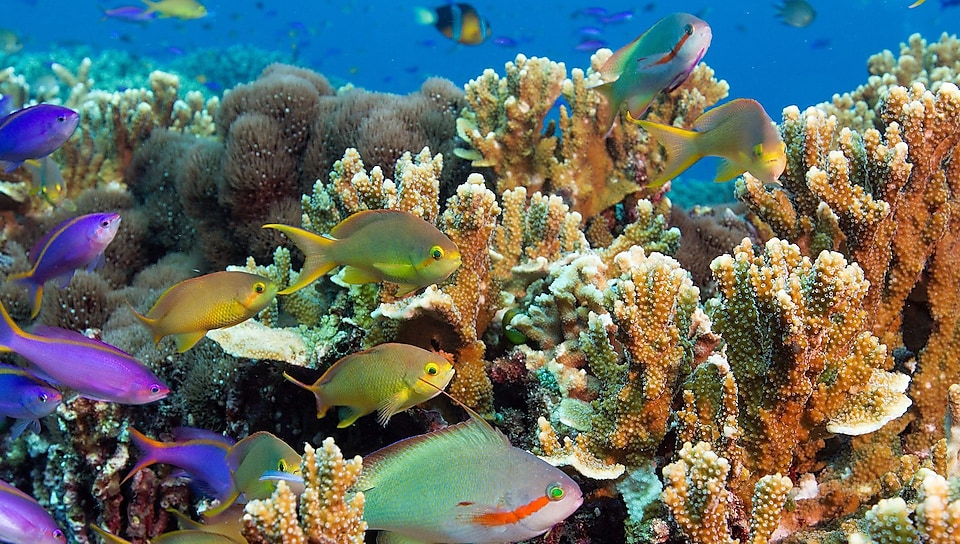
We are helping local communities in the Philippines conserve part of the world’s most biodiverse marine environment, known as the Coral Triangle. Traditionally, coastal villagers have depended on fishing for their livelihood. However, overfishing has depleted stocks while illegal fishing techniques using dynamite or cyanide pose some of the greatest threats to coral reefs. A programme funded by Shell through Malampaya Foundation is helping thousands of fishermen to adopt alternative sources of income, helping fish stocks to replenish, and supporting efforts to conserve the coral.
The seas off Sabah in Malaysia are particularly rich in yellow-fin tuna. As development of the Malikai deep-water offshore energy project continues, Shell and the Sabah Department of Fisheries are working to enhance fishing stocks for local fishermen in alternative areas. They also run awareness sessions for fishermen on planned activities connected to the project.
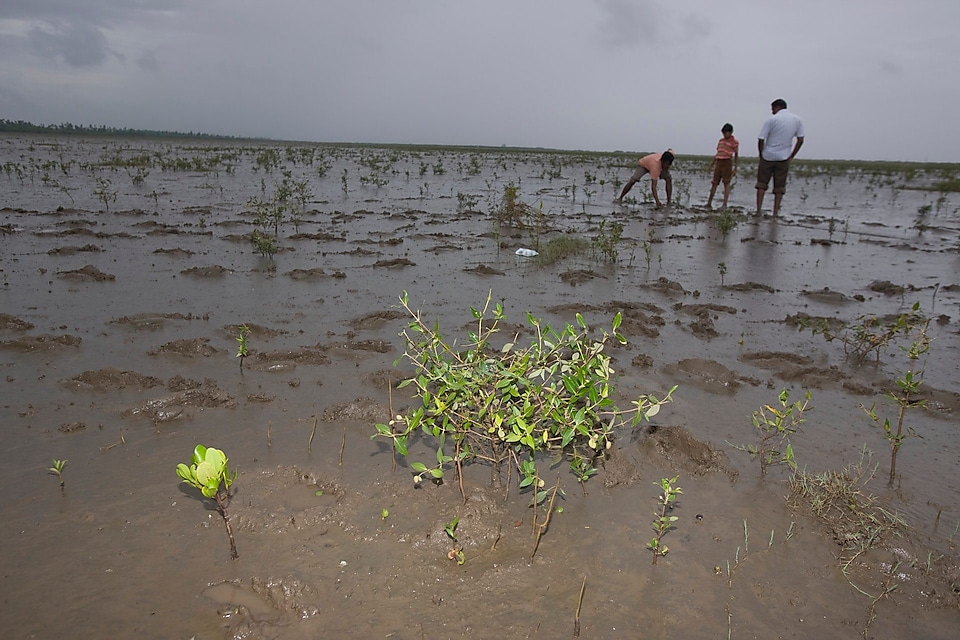
A once-barren 1,200-hectare area of land on the Hazira Peninsula in western India now thrives with flora and fauna as the result of an eco-restoration project initiated by Shell and its partners. The land, located close to the Hazira LNG Terminal and Port joint venture, is also providing an extra source of food and income for local residents.
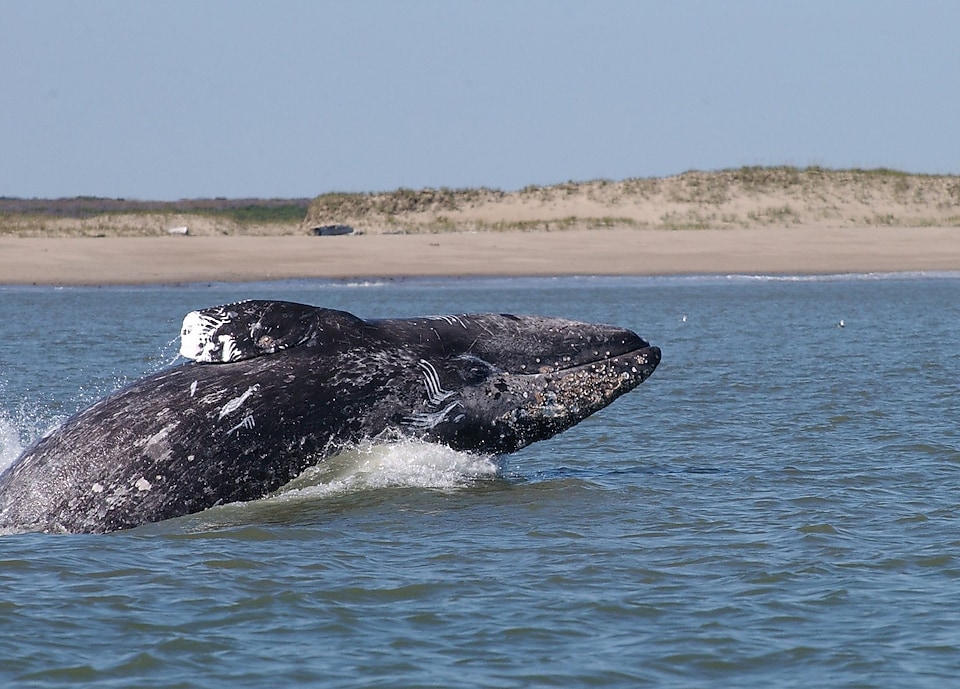
Shell and the International Union for Conservation of Nature (IUCN - one of our environmental partners) have been working together since 2004 to minimise the impacts on western gray whales at Shell’s joint-venture operations at Sakhalin, Russia. Under the guidance of the Western Gray Whale Advisory Panel – a panel of 13 prominent scientists convened by IUCN – we have worked to reduce the impacts that phases of our operations may have on the whales and their habitat. In 2005, we rerouted pipelines away from the whales’ feeding grounds.
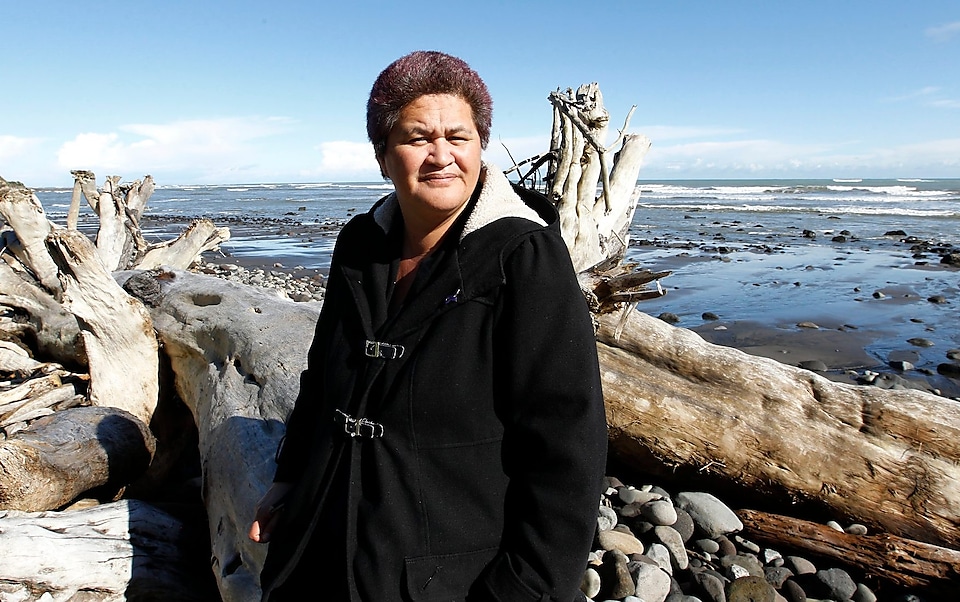
We are involved in several research programmes to increase understanding of marine mammals and their behaviour, and find ways to avoid disturbing them when working in marine environments. For example, in Brazil Shell funded research for more than a decade into the behaviour of humpback whales in the South Atlantic. In Colombia, marine mammal observation resulted in rare sightings of calf sperm whales.
Read the feature story: A close encounter in the Caribbean
In New Zealand, Shell is working with Māori communities and supporting community members to become internationally accredited marine mammal observers working on seismic survey vessels.
Read about Maryjane Ngaone Waru of Ngāti Rāhiri hapū, the first Māori to complete the training
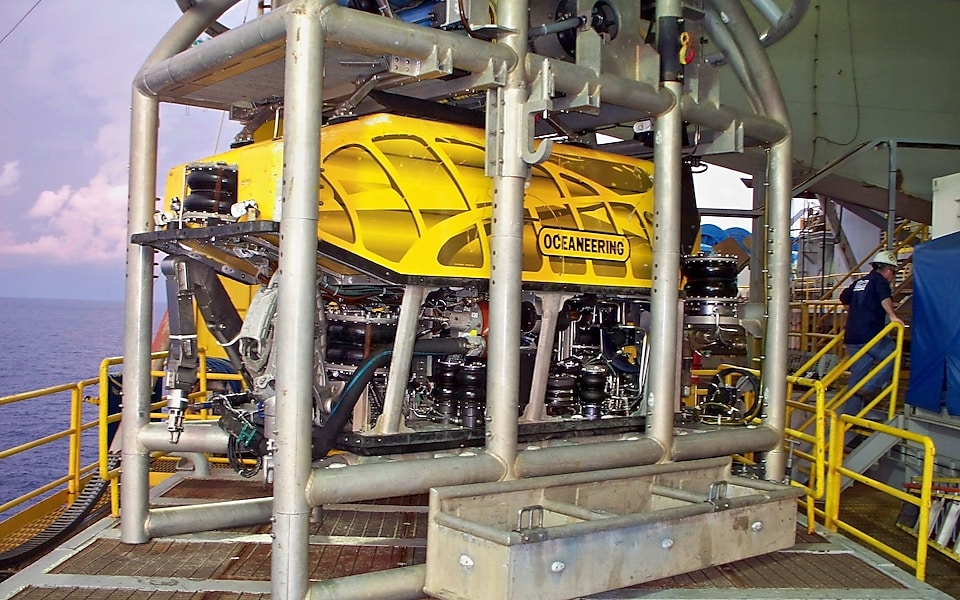
Shell is partner in the SERPENT project, a global collaboration between ocean scientists and the deep-water oil and gas industry. Research institutes benefit from free access to the industry’s remotely operated underwater vehicles, and the help of their operators in researching life thousands of metres beneath the ocean surface. At the same time, Shell gains a better understanding of how our operations and marine life coexist at the bottom of the sea.
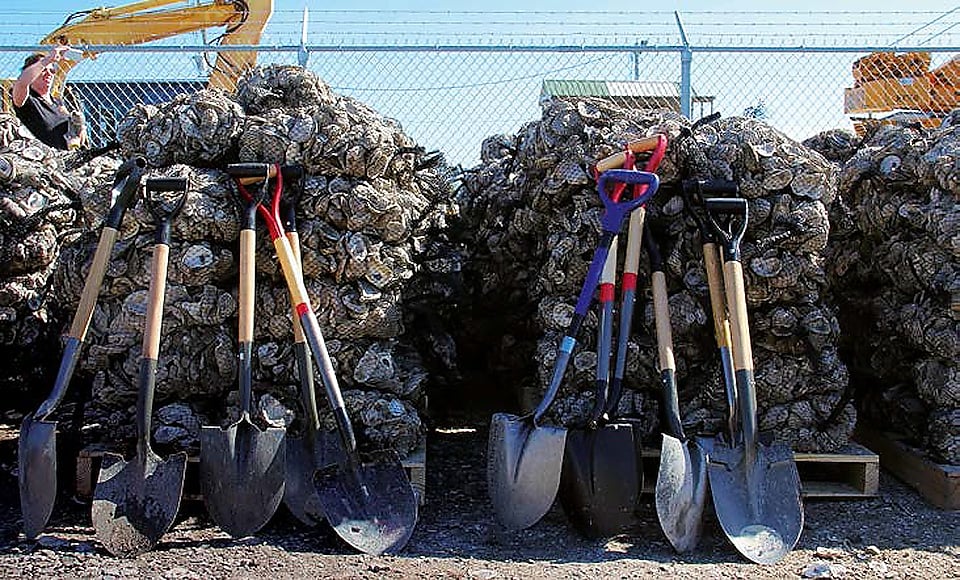
Oyster populations are vital to the health of Louisiana’s estuaries which flow into the Gulf of Mexico. They filter nutrients, fine sediments and toxins from the water. They also improve water quality and protect shorelines. Oyster conservation and restoration is one of the funding priorities of the Shell Marine Habitat programme, a partnership between Shell and the National Fish and Wildlife Foundation
In New Orleans, Shell supported a pilot project encouraging restaurants to recycle oyster shells. The shells are cleaned and placed along the Gulf shoreline, where they become fertile grounds for new oyster crops.

A Shell-supported foundation is empowering local communities to help to conserve one of the world’s most biodiverse marine environments.
Read the storyWe apply stringent mitigation standards when working in critical habitats rich in biodiversity and important to the conservation of endangered species.
We have biodiversity action plans based on international standards and industry best practice.
Rare sightings of calf sperm whales add to scientific knowledge about life off the coast of Colombia.
See how ocean scientists are using energy industry technology to reveal life in deep water.